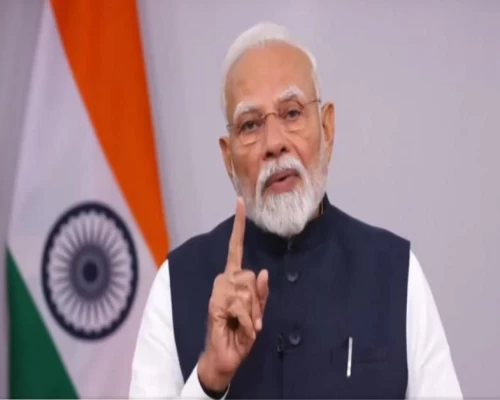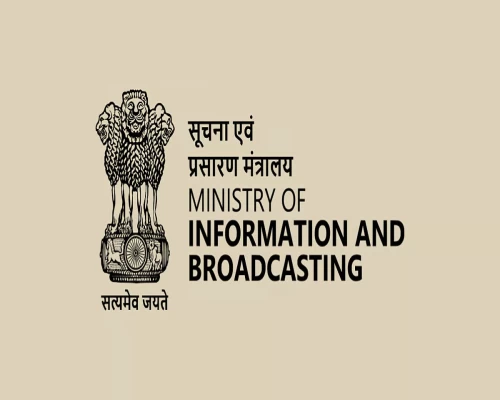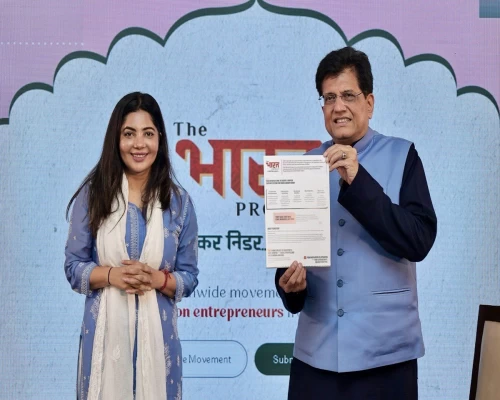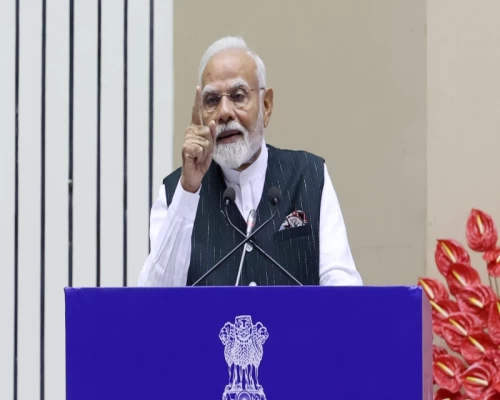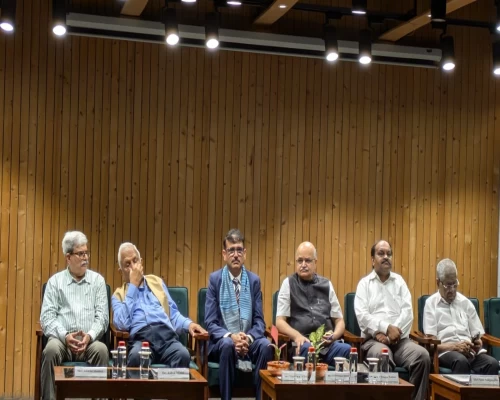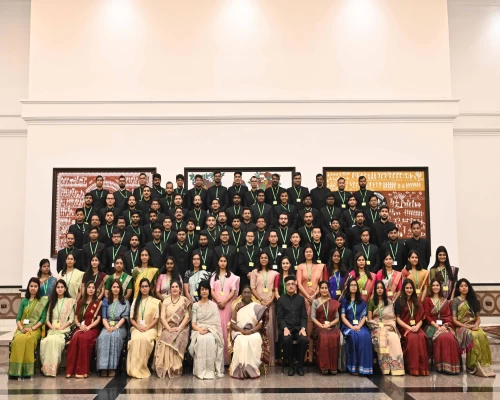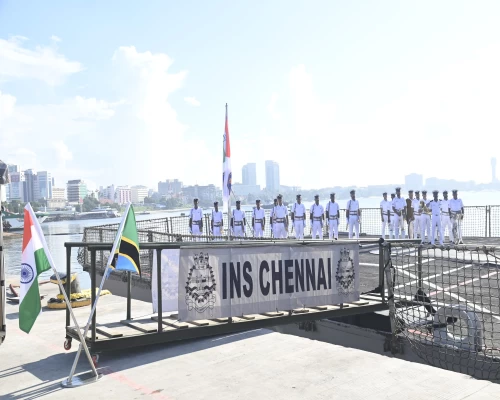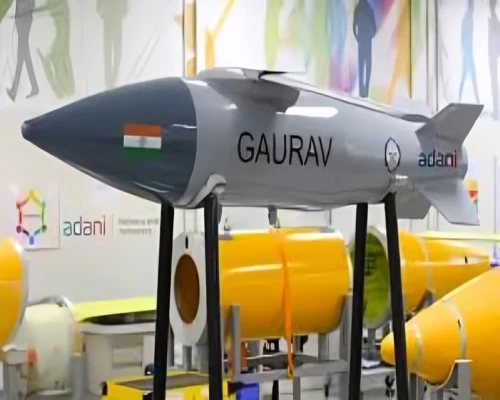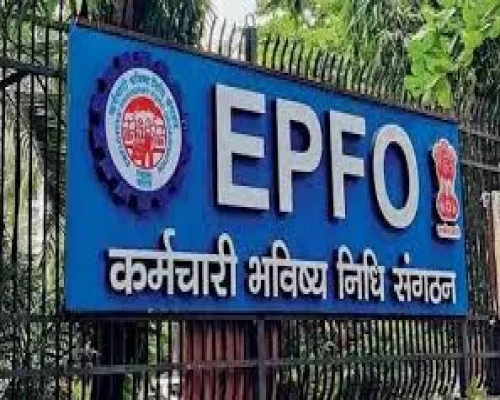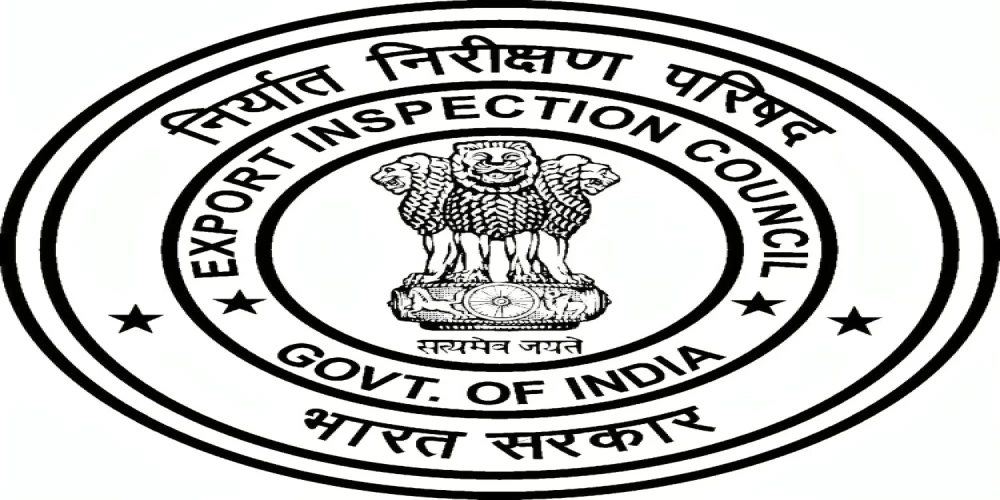
New Delhi: The Export Inspection Council of India (EIC), established on 1 January 1964, is a statutory body responsible for advising the government on quality control, pre-shipment inspection standards, and related matters. Over the years, the EIC has evolved into a pivotal facilitator of India’s export trade, enabling exporters to meet stringent international quality requirements alongside its regulatory functions.
EIC has significantly expanded its testing infrastructure, increasing the number of accredited laboratories to 78 from 21 in 2013-14. The number of export establishments approved through the EIC system has grown by 82 per cent in the last decade, rising from 794 in 2013-14 to 1,446 in 2023-24. Additionally, export certificates accepted by importing countries have almost doubled during this period, surging from 61,000 to over 120,000.
The laboratory network now includes advanced facilities equipped for species identification, virus and pathogen testing, authenticity verification, and geographical origin testing. Focus has also been placed on rapid testing methods to reduce turnaround time. Laboratories have been upgraded in Ahmedabad, Faridabad, and Mangalore, with new office-cum-laboratory complexes established in Visakhapatnam and Bhubaneswar.
EIC’s certification system is recognised by major international regulatory authorities, including those of the European Union, the United States, Australia, Turkey, Korea, and Japan. The council’s active participation in global organisations such as Codex Alimentarius, ISO, and WTO has helped advance science-based standards, reducing trade barriers and facilitating seamless international trade.
EIC is set to launch an integrated online portal featuring a traceability module, a laboratory information management system, and an e-health component to streamline processes for inspection, testing, and certification. Advanced technologies, including IoT-based sampling techniques, are being adopted to enhance trade facilitation.
The Export (Quality Control and Inspection) Act, 1963, enacted on 1 January 1964, remains a cornerstone of India’s export framework, ensuring compulsory quality control and pre-shipment inspections. Over the past six decades, this legislation has strengthened India’s reputation as a reliable global trade partner while safeguarding consumer interests worldwide.
EIC operates under its headquarters in New Delhi, supported by Export Inspection Agencies (EIAs) in Chennai, Mumbai, Delhi, Kolkata, and Kochi, along with 24 sub-offices at major ports and export hubs.
In the past decade, EIC has organised 653 training programmes for stakeholders in laboratory testing, quality management, and food safety systems. Since 2019, over 100 training sessions conducted by its International Training Centre for Food Safety and Applied Nutrition in Mumbai have benefitted more than 6,000 participants, including food business operators, regulators, and laboratory professionals.
As part of the anniversary of the Export (Quality Control and Inspection) Act, 1963, EIC hosted three media outreach programmes in Kochi, Mumbai, and Visakhapatnam to highlight its efforts and achievements in promoting export quality compliance.
BI Bureau



